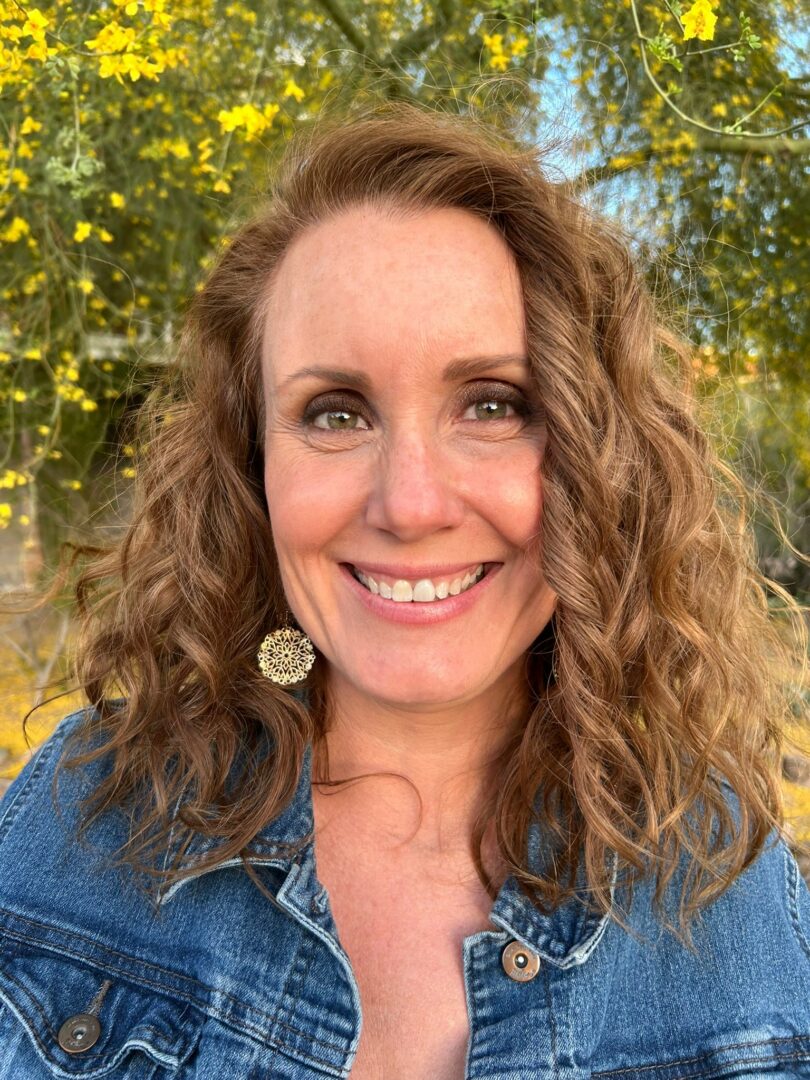We recently connected with Tatiana Thompson and have shared our conversation below.
Hi Tatiana, thank you so much for joining us today. There are so many topics we could discuss, but perhaps one of the most relevant is empathy because it’s at the core of great leadership and so we’d love to hear about how you developed your empathy?
I think it’s safe to say that most people develop empathy by going through their own painful life experiences, and I’m certainly no exception. But as a mental health therapist, I’ve learned to manage empathy in a way that might seem a bit unorthodox.
As therapists, we run the risk of excusing problematic behaviors because we’re so focused on empathizing with our clients that we sometimes forget: our job is also to help them find new, healthier ways of engaging with the world. And that step requires them to take responsibility for the ways that they’re showing up, which is where a person goes from understanding how their past shaped them to taking their power back and not using their past to excuse ongoing patterns.
Let me use myself as an example. I grew up in an alcoholic household filled with mixed messages – love intertwined with abuse. I was a little girl lost in an out-of-control environment, often feeling helpless and unheard – especially during conflict. In order to survive and create some semblance of stability, I developed many coping mechanisms that ultimately caused harm to me and others in my adult years.
As a young adult, I often became enraged when someone close to me didn’t hear or respect my needs. This sometimes resulted in me screaming or threatening to leave a relationship instead of setting healthy boundaries. I can give myself compassion (empathy) for this behavior now because – at the time – I was stuck believing I was the helpless little girl who just couldn’t get through to her parents. But the truth is, I was no longer that helpless little girl and it wasn’t okay for me to become abusive to get my needs met. I needed to learn healthier ways of coping to avoid perpetuating the cycle for myself and my children, and to avoid harming others.
A major turning point came when I left my husband – with our newborn and 3-year-old in tow – while recovering from back surgery and without a job. I couldn’t take it anymore! I had recreated the marriage that my parents had modeled and I had reached my breaking point, realizing that I didn’t want to continue being the person that this lack of safety brought out in me.
I began a long road of healing, and saw my life change in truly profound ways. I wanted to share that healing with others, so I decided to attend graduate school to become a therapist myself. As I started my career as a therapist, I discovered subconscious healing modalities like EMDR and Parts Work. And oh wow, did that change things?! For me and for my clients!
These therapies don’t just give you insight, they literally rescript the core beliefs you hold about yourself, allowing you to operate in the world with real self-confidence and high standards. As a result, people treat you differently and you’re able to create more of the circumstances that you really want. It’s absolutely amazing!!!
Through all of these experiences, I’ve developed a deep respect for the human capacity to heal and grow from even the earliest traumas. I am a person shaped by trauma – but I’m also a person who chose to reshape herself. That’s the empathy I bring into the room. I can sit in the darkness with my clients, but I also know how to help them find the way out – if they’re ready to take it.
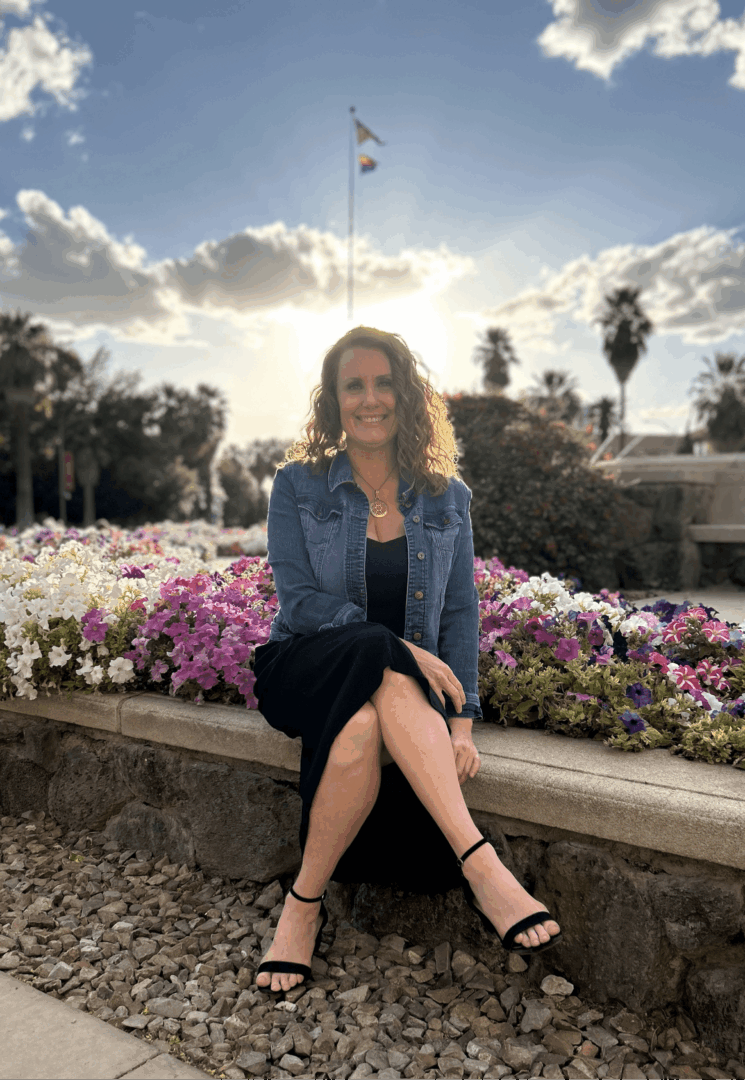
Great, so let’s take a few minutes and cover your story. What should folks know about you and what you do?
Wonderful, I love talking about my work! Where to begin? I’m a mental health therapist who specializes in helping women break free from the programming that tells them they have to dim themselves to be palatable or desired. I want every woman to feel confident and safe setting her standards as high as she wants – no more settling, especially in relationships!
I’m a Licensed Professional Counselor (LPC), and I also incorporate powerful coaching strategies into my work. I think it’s important to mention this combination of skills because therapy tends to focus on the past and the internal mental world, while coaching focuses more on the future and improving functioning in the external world. When we combine these two skill sets, we can overhaul old patterns and create an entirely new energetic field for attracting what you truly want.
My clients are women who want to find a soul-aligned partnership but have a history of dating narcissists or settling for mediocre love. They’re also women who are trying to make a hard decision about staying or leaving a relationship. And I love working with women who want to undo their nice-girl programming to discover what they truly want in order to create a lifestyle that’s more aligned with who they really are. I help my clients find clarity, raise their standards, and live with such joy and authenticity that they naturally become magnetic to the people and experiences they’ve always wanted.
To help my clients reach these goals, we have to uncover the core blocking beliefs that are keeping them tied to relationships and situations that don’t feel quite right. I use subconscious healing modalities like EMDR and parts work to reprogram these core beliefs, and then we practice skills for functioning differently in the real world. I have to say, the magic really happens when we rescript those core beliefs because it allows my clients to take up more space and be more confident, which results in others seeing and treating them with more dignity and care. In short: they start getting what they want – with ease, dignity, and self-respect.
Clients can work with me in a couple of different ways: my signature one-to-one programs, or my self-paced courses. I’m really excited to share about my Conscious Dating Program because it’s a 9-month hand-held therapy and coaching hybrid where we uncover what you truly want in a partnership, followed by rescripting your blocking beliefs around love and self-worth, and then it’s time to get there and date! During the dating stage, we’ll work through the issues and blocks that are showing up for you, because the best way to shift a pattern is to work with the real-life situations that are currently presenting. They will always show you the way!
I also have a fabulous self-paced course that’s about to launch called Take Back Your Joy. This program is a vault of all the skills and lessons that I normally teach my therapy clients, at a fraction of the cost of traditional therapy sessions. You’ll learn things like what you’re getting wrong with boundaries and how to fix it, how to actually feel an emotion instead of being controlled by it, how to navigate and learn what you need from a trigger, and how to provide for yourself the love and validation that you might be seeking from others. When you meet these needs for yourself, you stop acting from lack and desperation, and you start attracting people who are also fully integrated themselves.
I love that I get to do work that I’m so passionate about. My favorite part of what I do? Watching women finally get what they thought they’d never have – simply because they stopped settling and started expecting more.
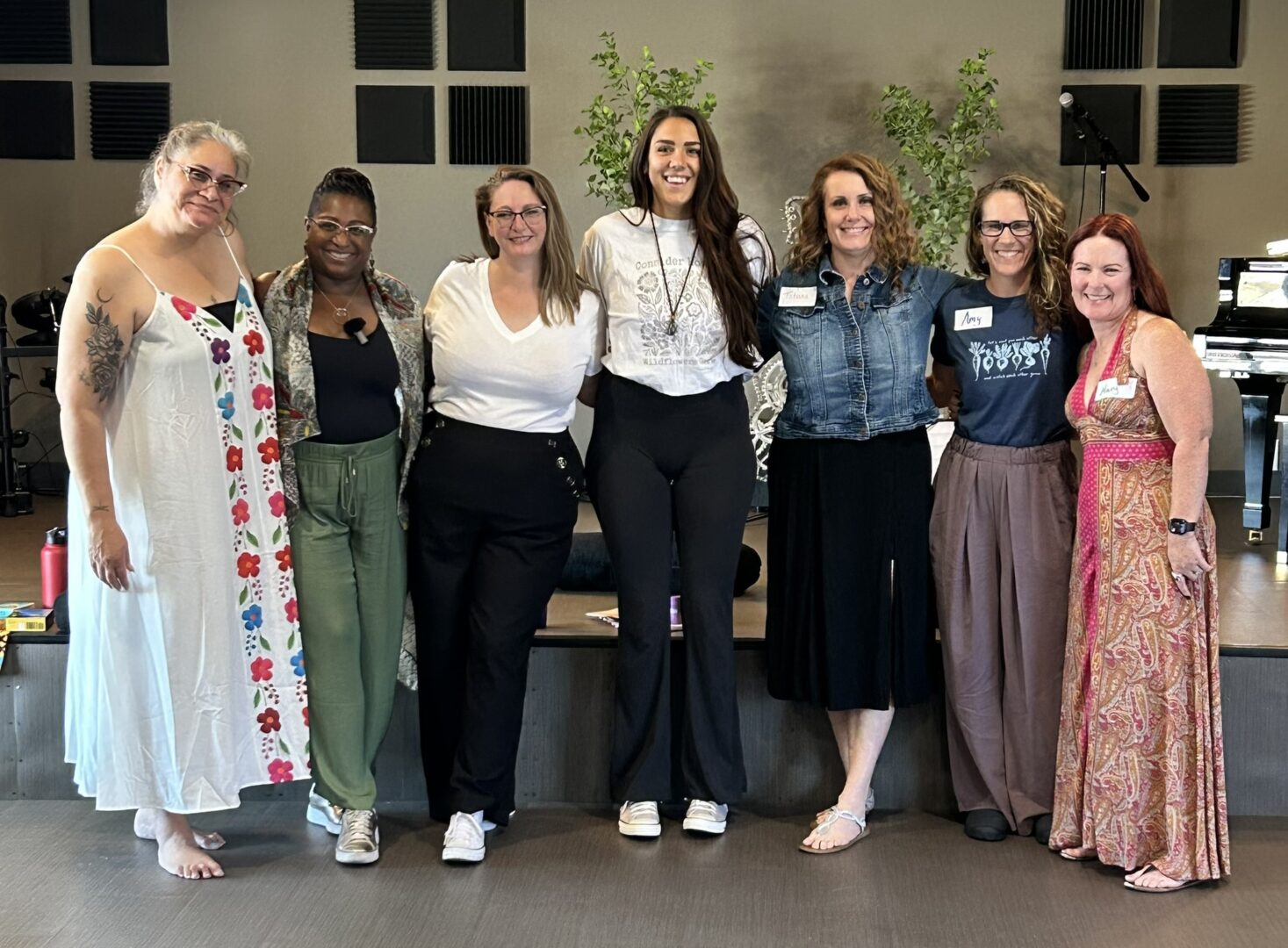
Looking back, what do you think were the three qualities, skills, or areas of knowledge that were most impactful in your journey? What advice do you have for folks who are early in their journey in terms of how they can best develop or improve on these?
I think the most impactful realization for me has been that a truly good life comes from returning to who we really are – before societal programming, before trauma, before we were conditioned by the grind. Getting there requires stripping away old defenses, patterns, and narratives that no longer serve us.
The three qualities and skills that have brought me closest to my most authentic, unguarded self are: the capacity for radical self-reflection, engaging in subconscious healing, and learning how to slow down and soften.
Radical self-reflection takes enormous courage – as anyone who’s been in therapy knows. It forces us to confront the parts of ourselves we feel the most shame about. The irony is, shame keeps us looking away and building walls that only worsen the problem, when the real medicine is to face these parts with compassion and grace. Not to excuse harmful behavior, but to love ourselves enough to find new strategies.
I’ve been fortunate to work with wonderful therapists and programs that helped me truly examine my trauma and own my part in creating recurring issues in my life. I credit so much of my healing to EMDR and parts work, along with a program I follow called To Be Magnetic, which I absolutely love. Beyond the benefits of receiving EMDR and parts work, being a practitioner of these modalities has been one of the greatest gifts of my life. It’s allowed me to build a thriving practice doing work that changes lives – and by extension, changes the world.
Finally, my current growth edge is all about slowing down and softening. As a child, my coping skill was to take charge and fix everything. I developed a deep belief that I had to be in control or the world would fall apart. I’m now gradually letting go of that control and discovering, to my relief, that the world does not fall apart. That’s been a pretty wonderful realization.
For anyone also on the journey of deprogramming and reconnecting to their true essence, I can’t recommend enough finding a skilled therapist. Get radically honest with yourself about who you are, what you want, and how you might be getting in your own way. And of course, my programs are wonderful resources to support you in doing exactly that.
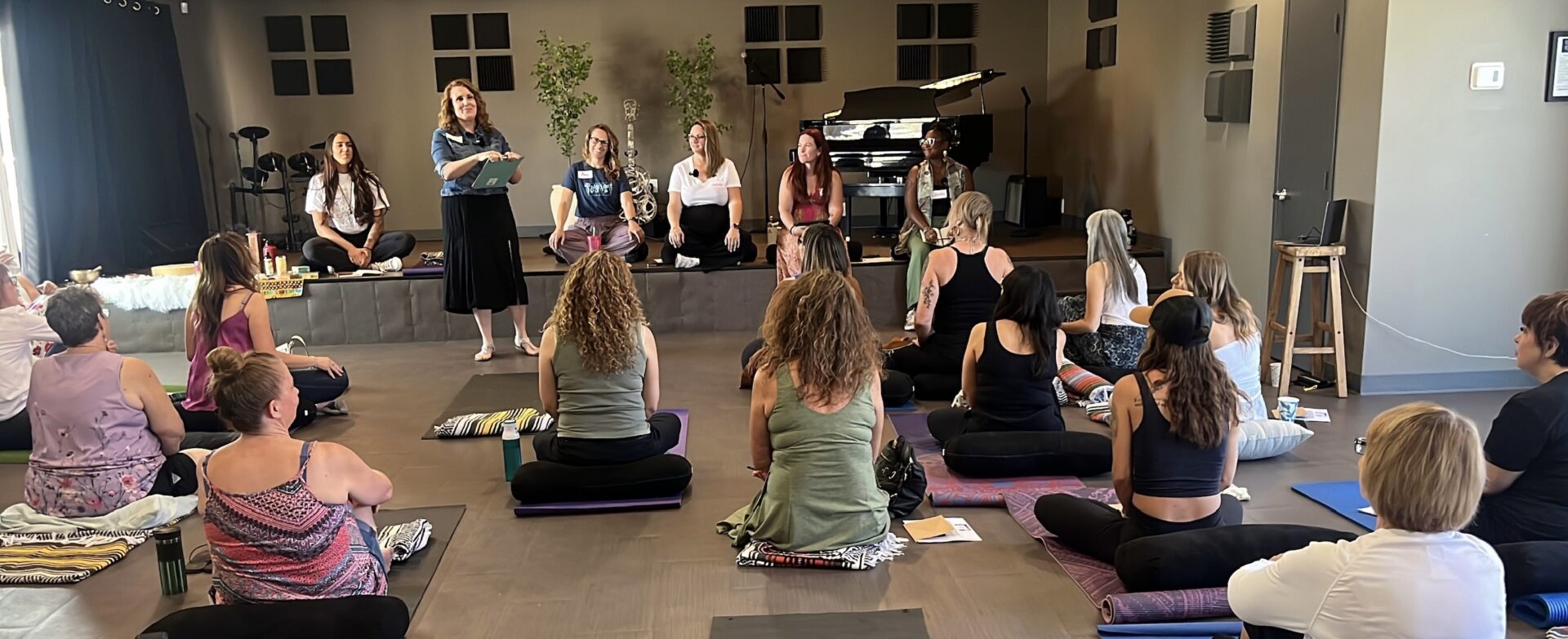
What was the most impactful thing your parents did for you?
Despite the issues surrounding my father’s alcoholism, my parents did a lot of things right. From an early age, I knew I was important to them and that I had the capacity to do anything I set my mind to. They came to every single extracurricular event we ever had – without fail.
My parents also helped break some gender stereotypes, which was especially meaningful in a household full of daughters. We still joke that if you wanted something stitched or sewn, Dad was the one to go to. He also did a lot of the cooking, which was pretty unique for my generation. On the flip side, my mom often took on roles typically assigned to men, and she taught us how to be assertive in ways I rarely saw in other women.
I truly don’t think I’d be where I am today without both the sweet and the sour of my childhood. Some of it shaped my work ethic and core sense of competence in a positive way. And some of it helped me by forcing me to heal. Trauma’s funny like that – the coolest people I know have some pretty gnarly stories. But their choice to heal from their past became the launching pad for their greatest transformations.
Contact Info:
- Website: https://www.tatianathompson.com
- Instagram: https://www.instagram.com/tatianalifecoach/
- Linkedin: https://www.linkedin.com/in/tatianalifecoach/
- Other: Psychology Today: https://www.psychologytoday.com/us/therapists/tatiana-thompson-tucson-az/914068
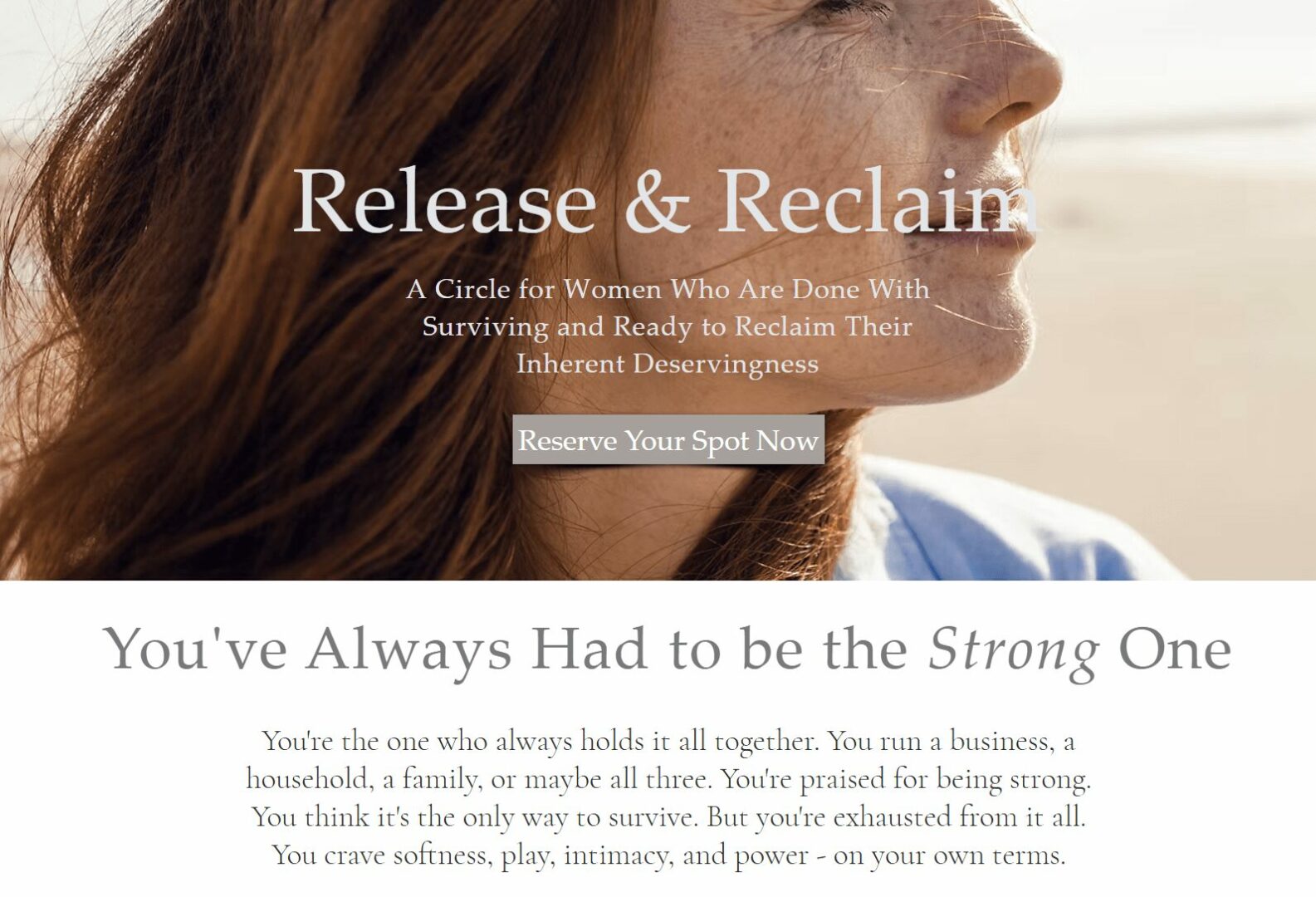
so if you or someone you know deserves recognition please let us know here.

